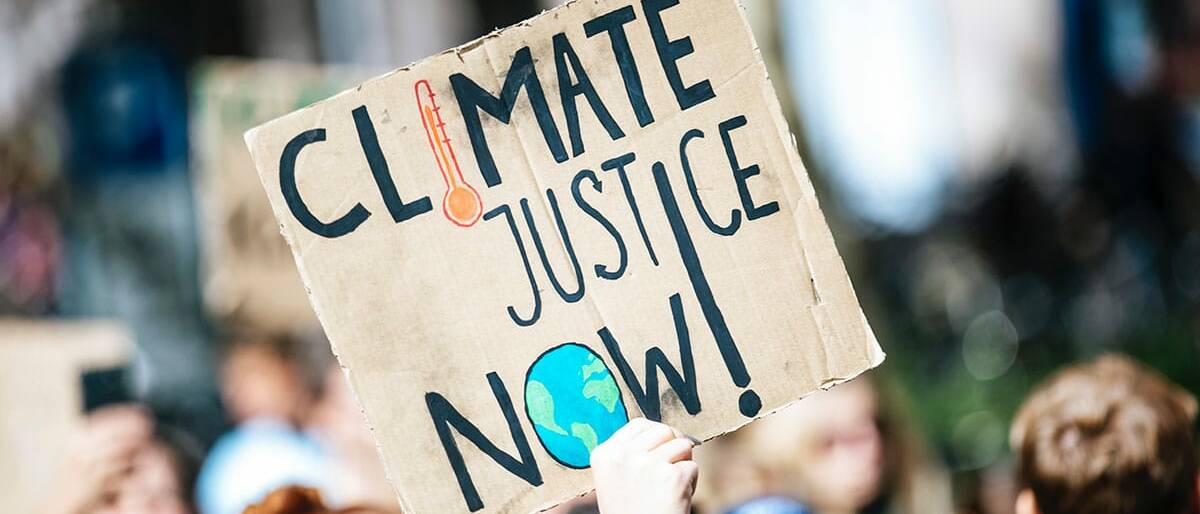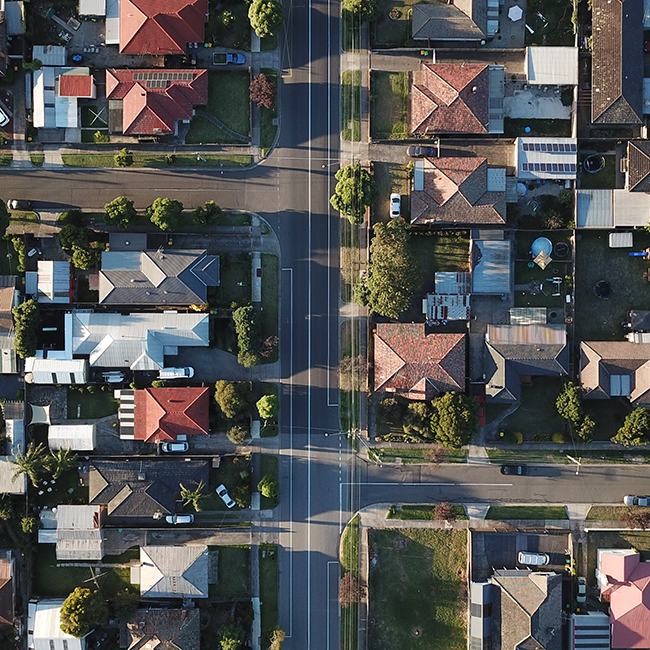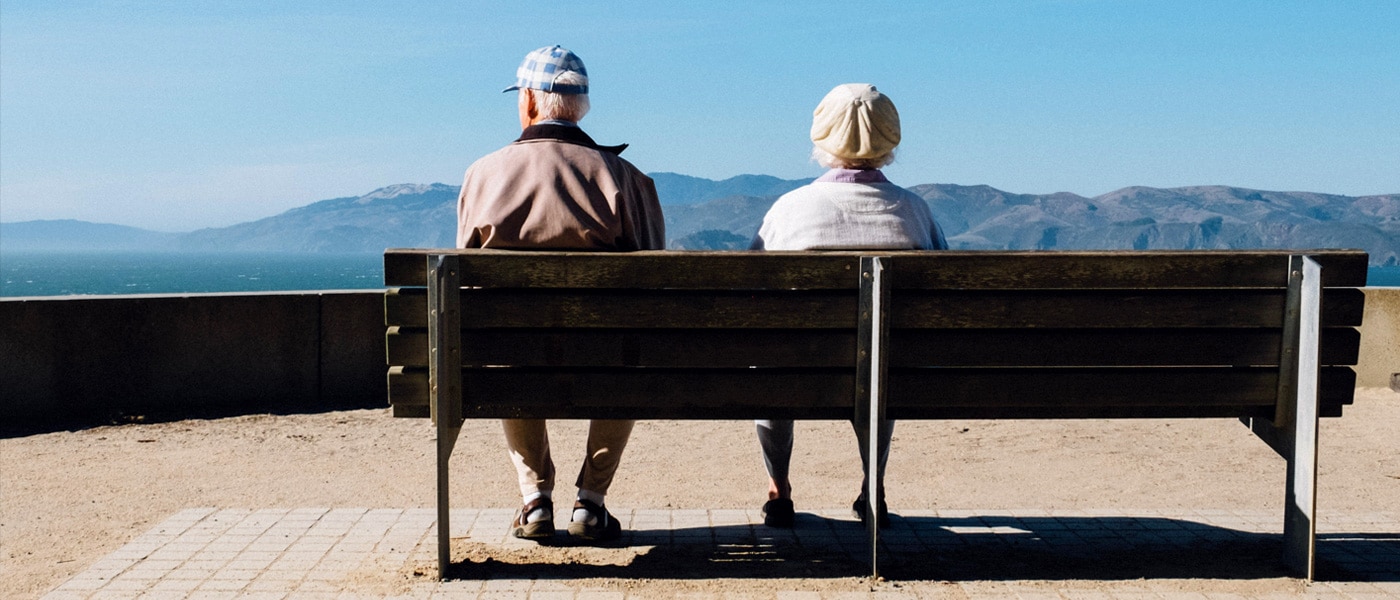COP26: The choice of our lives

COP26: The choice of our lives
Opinion + AnalysisPolitics + Human Rights
BY Simon Longstaff 25 OCT 2021
There is such a thing as truth. It might be difficult to discern.
Aspects of the truth might vary depending on one’s perspective. However, there are some things that can be known with a certainty sufficient to guide practical action. One of those truths is that life is fragile. The more complex its form, the greater its vulnerability. In the web of life, the severing of one strand can lead the whole to unravel. Cataclysmic failure is not inevitable. It’s just possible – and that is worth knowing. Those who gamble with life take a mighty risk.
In ethics – facts matter. They really matter. Too often, they are ignored by those who think that good intentions are enough. By themselves, good intentions are not enough.
These and other matters are worth bearing in mind as a selection of the world’s leaders gather in Glasgow for COP26. The overwhelming consensus of the world’s leading climate scientists is that life-as-we-know-it is imperiled by the cumulative effects of greenhouse gases. We, humans, are the major source of those emissions. We are the most powerful force on this planet. Our choices shape and make the world what it is.
Ethics is about how these choices are made. It identifies and examines the drivers of choice and ultimately helps us to discern what is good or bad, right or wrong, in the choices we make. At its most fundamental level, ethics underpins the world we make.
So, in every respect, what happens in Glasgow is a matter of ethics.
It is also a matter of politics – and this is where the divorce between ‘ethics’ and ‘politics’ is a cause for concern. The division was never intended to be as great as it has become. For Aristotle, ‘ethics’ and ‘politics’ were intended to be two sides of the same coin. Ethics was concerned with questions about the good life for an individual. Politics was also concerned about questions to do with the good life – but as applied to the community as a whole.
In the lead up to COP26 in Glasgow, we have witnessed a very partial kind of politics that has no apparent concern for the national interest. Instead, the debate about climate change has been recast as a contest between country and city.
In prosecuting their case, the National Party has sought to remain part of the national government while simultaneously trashing the most basic obligation of governments: that they govern for the sake of all.
I should make it clear that when it comes to climate policy, the Ethics Centre has been one of the earliest and most steadfast advocates for a just and orderly transition to a more sustainable future – for everyone affected, not just those living under the National Party’s wing.
The attempt to weaken Australia’s position in Glasgow hinges on a couple of arguments. First, the claim is made that anything Australia does to reduce its contribution to global warming will be ‘futile’ – as our national impact is tiny in comparison to major polluters such as China and India. Second, it is argued that the cost to the economy is just too great to bear – especially for those working in ‘climate exposed’ industries. The National Party then adds to this critique by stating that people living in the cities are asking their country cousins to carry a disproportionate share of the burden.
History reveals what is wrong with such arguments. For example, consider the decision, by a Labor Government, unilaterally to slash tariffs and embark upon an ambitious program to promote free trade. The decision to do so was grounded in a commitment to the national interest and the reasonable belief that, in the long term, the benefits would outweigh the costs – and be shared by all. Back then (as now), Australia represented only around 3% of global trade. In that sense, slashing Australian tariffs could have been presented as a ‘futile gesture’. After all, why cut tariffs in advance of the world’s major economies? And that argument was made by those who opposed trade liberalisation at the time – the Coalition parties.
So, who are the major beneficiaries of free trade? It is the people whom the National Party claims to represent; those working in agriculture, mining and minerals. Who paid the price? Hundreds of thousands of people who lost their jobs in manufacturing – mostly in industries like textiles, clothing, footwear, automotive, etc. And where did most of these people live? In metropolitan areas. So it has been ever since. Australia’s free trade deals inevitably aim to maximise the incomes of people living in rural and regional Australia while leaving the price to be paid by people living in the cities.
Have we heard anyone from the National Party offering sympathy for those who have paid such a high price for regional prosperity? Not a word. Indeed, not a word from anyone. Why the silence? Well, you could put it down to political indifference. Or, it could be that there is now a broad consensus that despite the pain of transition (which typically has been disorderly and unjust), the national interest has been served.
Which brings us back to Glasgow.
Nearly everyone – other than the Federal Government – seems to agree that, for Australia, Glasgow presents a golden opportunity. The adoption of strong, binding targets could enable Australia to become one of the most prosperous nations the world has ever known. We have access to unlimited renewable energy, vast natural resources, a stable socio-economic environment, educated people and so on. We have everything needed to prosper. Indeed, just as it was in Australia’s national interest unilaterally to cut tariffs and embrace free trade, so it is in our national interest to embrace ambitious climate targets – not just for 2050 but by 2030. The stronger the drivers, the better the longer-term outcome.
Yet, even as I write these words, I wonder if this is to miss the point?
As noted above, Aristotle thought ‘ethics’ and ‘politics’ should concern themselves with questions about the ‘good life’. But for whom? For people in the bush? For Australians? For humanity? Or is our duty to ‘life’ itself? Is not the truth about global warming’s threat to life on this planet the ultimate ethical foundation upon which to build strong commitments in Glasgow?
When it comes to life on this planet, there is no ‘town’ and ‘country’, no ‘Coalition and ‘Labor’, no ‘Us’ and ‘Them’. We are all in this together.
I realise that politics is the ‘art of the possible’ – and that the average politician is acutely sensitive to the sentiments of their electorate. However, there are times when, at their best, politicians enlarge our possibilities and in doing so, lead their electorate to a better place. This is why politics used to be considered the most noble calling of a citizen.
Our Prime Minister, Scott Morrison, has been wrestling with a form of politics that falls well short of that ideal. It is open to him to choose something better. That is both the gift (and curse) of his humanity. In Glasgow we will see not only what kind of politician Scott Morrison can be on our behalf. We will also get the measure of his capacity to lead. But most importantly, he will reveal the character of his humanity.
Ethics in your inbox.
Get the latest inspiration, intelligence, events & more.
By signing up you agree to our privacy policy
You might be interested in…
Big thinker
Politics + Human Rights
Big Thinker: John Locke
Opinion + Analysis
Business + Leadership, Politics + Human Rights
Housing affordability crisis: The elephant in the room stomping young Australians
Opinion + Analysis
Politics + Human Rights, Relationships
We’re being too hard on hypocrites and it’s causing us to lose out
Opinion + Analysis
Politics + Human Rights
Enough and as good left: Aged care, intergenerational justice and the social contract
BY Simon Longstaff
After studying law in Sydney and teaching in Tasmania, Simon pursued postgraduate studies in philosophy as a Member of Magdalene College, Cambridge. In 1991, Simon commenced his work as the first Executive Director of The Ethics Centre. In 2013, he was made an officer of the Order of Australia (AO) for “distinguished service to the community through the promotion of ethical standards in governance and business, to improving corporate responsibility, and to philosophy.”
Power and the social network

In science, power has a very precise definition. It is the rate at which energy is being transferred – a relationship that is captured in a formula and can be thought of more informally as the amount of “work” being done.
So, in a scientific context – specifically physics, the meaning of power is clear. In contrast, power is a far more complex concept in social sciences – as revealed within a diverse range of human interactions.
There are two prevailing views on the nature of power. The first regards power predominantly as a tool for subjugation, while the second acknowledges its potential for harmful use while also pointing to its potential role in maintaining balance.
Thomas Hobbes championed the first notion, conceptualising one man’s gain in power as another man’s loss. A straightforward illustration of this can be seen in a wrestling match where two people compete, with one eventually winning. That outcome is incompatible with both having equal power. Even if they do so initially, a relative increase in power eventually accrues to the victor.
The second perspective on power is provided by Michel Foucault, who considered its nature to be more subtle and varied. He proposed that power assumes many forms and is invested in many things. This latent power only arises when an individual engages in conversation around ‘regimes of truth’ or understanding. Foucault’s definition of power is thus more charitable. He thinks of power as an entity that resides in all things rather than a structure through which people/things can mobilise control. He notes that power is synonymous with knowledge and fact.
In older structures, such as government and politics, it’s challenging for an individual to lose power entirely. A benefit of having power is that can enhance the credibility and longevity of a person’s philosophy. Even though someone may lose their position and ability to make decisions in government, they often retain their power to exercise influence within their social circles provided their personal credibility remains intact. This is how ‘informal’ power (influence) can shape the exercise of formal power.
This permanence of power is an important determinant of the behaviour of those in power. Confidence in the enduring nature of power (and its ability to ward off adverse consequences) often leads the powerful to make choices that advance their personal interests.
Social media has begun to redefine the nature of power. The dominant platforms have gained tremendous traction over the past decade, and gradually personal identity has become synonymous with online presence. Widespread fame and the attainment of a quasi-celebrity status has given key ‘influencers’ the ability to exercise ‘informal’ (but none the less real) power through the vector of their online followers. But social media fame is even more fickle than that gained through traditional means as its basis is intrinsically unpredictable.
As such, social media provides some useful insights into the new dynamics of power within a technological setting. For example, in the case of social media, power is actually being exercised by those who offer a response to what ‘influencers’ post. When you use social media, you use and direct your power through likes and comments offered in response to what has been posted. However, if you disapprove of something you’ve observed, you can withhold your endorsement or even actively express your disdain through dislikes and critical comments – in other words actively withdrawing your support can be part of a conscious act to diminish the power. So, where does power lie? With the influencers or their potentially fickle followers?
The technology that underpins social media platforms has also ‘democratised’ power in that almost anyone can gain a following and thus have the potential to exert a degree of influence.
It’s much easier now to establish a position of power online than it was traditionally – because of ease of access and the fact that there is no limit to the number of people who can have a platform and broadcast their views widely.
But this increase in access to power is a double-edged sword because, as quick as it is for someone to gain power through today’s media, they can just as easily lose it.
As a result, many ‘celebrities’ have short-lived fame. The fleeting nature of power has extended beyond the realm of social media into the offline world. For example, the twenty-four-hour media cycle and the need to feed an insatiable media ‘beast’ means that politicians now operate under an intense and unceasing public gaze. Even the slightest whiff of scandal can end a career – and end access to a formal source of power.
In modern societies, scrutiny drives and confers power by facilitating influence.
Online power is probably best conceptualised as a mixture of Foucault’s and Hobbes’ descriptions of power.
Overall, we see how our old structures of power perhaps do not adapt easily to the online world. The reachability and balance of the internet make it easier to comment on those in power and hold them accountable for their actions. Ultimately, the dynamic is shifting; while the factors that give people power – influence, connection, and money – remain prevalent on the internet, the power they generate is no longer as enduring.
Ethics in your inbox.
Get the latest inspiration, intelligence, events & more.
By signing up you agree to our privacy policy
You might be interested in…
Opinion + Analysis
Relationships, Society + Culture
Based on a true story: The ethics of making art about real-life others
Opinion + Analysis
Health + Wellbeing, Politics + Human Rights, Relationships
People with dementia need to be heard – not bound and drugged
Opinion + Analysis
Relationships
Why we find conformity so despairing
Opinion + Analysis
Business + Leadership, Relationships










